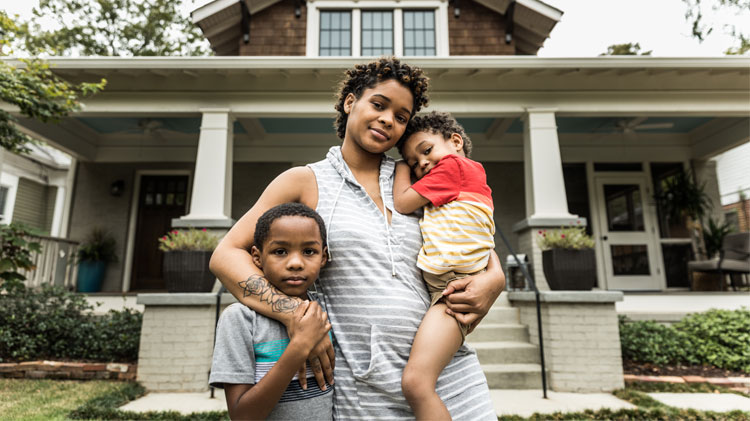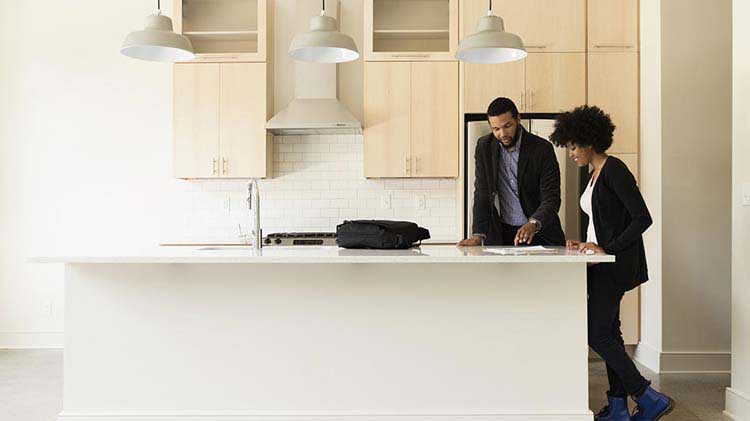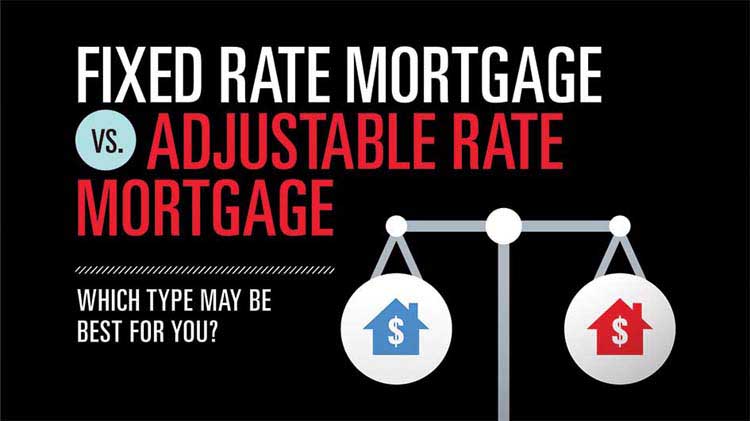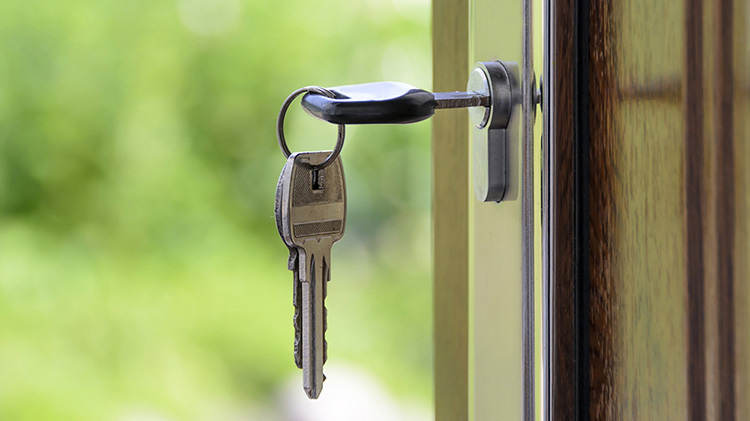Rent vs. own: transition from renter to first time home buyer
There are pros and cons to both renting and owning, making the choice a bit more involved than simply going with your age.
For years, first-time home buyers have been a declining group. But the tides have turned, and in 2020 about 56% of new mortgages were from first-time home buyers, particularly millennials.
Although age has traditionally been — and still is — a criterion of whether to rent or buy, it's not the only factor that should go into the decision. There are pros and cons to both renting and owning, making the choice a bit more involved than simply going with your birth year.
Once you decide it is time to transition from renter to buyer, congratulate yourself, especially if you've made an informed decision. You've now passed the first step of an exciting, multifaceted process that includes finding out your credit score and determining what style of furnishings to buy. Ready for the journey?
Renting vs buying
The pros of renting an apartment
- No long-term commitment: When you rent, it's possible to be a month-to-month tenant, leaving with just 30 days notice. Or you might need to sign a rental lease that commits you to, usually, 12 months. Either option would be considered short-term compared to buying a home, which is a much longer commitment. If you expect to move for your job or if you aren't sure you want to stay put, you probably need the ability to pick up and go when you like. If so, renting is the better choice.
- Smaller financial commitment: Rent payments could be less than a mortgage payment. But even if mortgage payments would be less, you generally pay much more overall with a mortgage. To buy a house, you need a down payment, pay property taxes, homeowners insurance, private mortgage insurance (PMI) if your down payment is less than 20% and interest on the mortgage loan. When you rent, you pay only rent, utilities and renters insurance (which is much less than homeowners insurance).
- No repairs and maintenance: You don't typically need to keep up with (or pay for) repairs and maintenance when you rent. When something needs to be fixed, you simply put in a maintenance request with your landlord.
- More money for you: The money you save from not buying a house could go to other endeavors, such as investments, travel or saving to buy a house someday.
The cons of renting an apartment
- Lack of stability: A lease lets you know you can stay in the rental at least for the lease term, but your landlord can choose to not renew your lease once it ends, even if you've been a great tenant and want to stay. If you're a month-to-month tenant, your landlord usually needs to give you only one-month notice to vacate. It's costly to move, not to mention inconvenient.
- Rising costs: Your landlord can hike your rent payment at renewal time (or monthly if you're a month-to-month tenant). If the new rent is too expensive, you'll need to find a way to pay it, or move. If you have a fixed mortgage, your payments stay the same.
- You can't make it your own: Your rental might look great just the way it is, but if it isn't your style, there's usually not too much you can do about it. You typically need permission from your landlord to make any changes, even painting a wall. You generally can't put up shelves or grow a garden without approval, either. When you own a home, you have more freedom (unless you're in a homeowner's association — or HOA — and then you might have some restrictions beyond zoning and covenants).
- You have to follow rules: Most times, renters sign a lease, and with that lease comes rules. Maybe you can't have pets. Maybe you can't have guests stay longer than a week. Maybe you can't smoke inside. If you rent and have a lease, you need to abide by the lease terms or risk eviction. When you own a home, as they say, it's your castle.
The pros of owning a home
- Stability: When you buy a home, you achieve a sense of stability. You no longer need to worry about having to move on your landlord's timeline or about rising rent (if you have a fixed-rate versus an adjustable-rate mortgage).
- Good for families: Homeownership allows you to build a network with other families in the neighborhood who also own a home, providing potential friends for your children. And once you put your children in school, you can relax, knowing they can stay in that district for a while/more permanently, not only for as long as your landlord lets you stay.
- Roots in the community: Since homeowners tend to stay in their homes longer than renters do, they become part of the community. They get to know and often become friends with their neighbors. And homeowners take pride in ownership in a way that renters can't.
The cons of homeownership
- Tying up money: When you buy a home, you're putting a large chunk of your cash into that home, money you could be using elsewhere. If you're savvy with money, you don't think of rent as "throwing away your money."You can use the money you save by not buying a home to invest in other ways, such as in stocks and bonds.
- Could be a bad investment: Historically, houses tend to increase in value. But that isn't always the case. If you buy at the top of the market, your house might actually decrease in value. Or the area in which you buy might take a downturn. People's tastes could also change. Golf course homes, for example, are not as popular as they were in years past. Homeownership could be a good investment, but as with any investment, there are no guarantees.
- Repairs and maintenance: Just as you need to maintain a car, you need to regularly maintain a house, which means you need to learn what to do annually or seasonally to keep your house in great shape. And even when you do that, you still need to replace things as they age, such as a water heater, HVAC system and a roof. All the repairs and maintenance a house needs require time and money on your part. Homeowners should expect to spend roughly 1-3% of the home price per year on maintenance. For example, if your home price is $250,000, you should expect to spend $7,500 per year on maintenance and repairs, which is $625 per month.
- You can't just leave: If you need to move suddenly, or if you just don't like your location (hello barking dog), it's more difficult to move since you need to sell or rent out your house first. If you sell within the first five years of homeownership, you generally lose money overall once you figure in the closing and moving costs you paid, not to mention that your mortgage payments go mostly to interest versus principal in those first few years.
How to prepare for homeownership while renting
If, after weighing the pros and cons, you decide homeownership better fits your lifestyle and goals, you need to prepare for the home buying process — unless you have enough money to just buy a house outright. And if you do, kudos. But most of us need to get a mortgage, and that involves more than just asking a financial institution for one. Here's what you need to do:
- Build credit: The higher your credit score is, the more options you have on types of mortgages you qualify for and on the interest rate you'll pay. So it's important to build your credit before applying for a mortgage.
- Build income: Lenders look at whether you can afford to make the mortgage payments, so you'll need to show a steady income — usually by having the same employer for the past two years.
- Save money: If you can save 20% of the purchase price of the home for a down payment, you'll probably qualify for a conventional loan, which typically has the best terms. Plus, you won't need to pay PMI. But you can still buy a home with a smaller down payment. You can get an FHA loan, for example, with only 3.5% down. In any case, you need some money stashed away. You can build savings through many types of financial vehicles that your financial institution can discuss with you.
- Determine where to live: The location of your home can be just as important as the home itself. So think about your long-term goals when choosing a spot to settle down. Look at school districts and crime statistics of various areas. Check commute times. Walk or drive around the neighborhood during the day and at night to see whether you can picture yourself living there.
When to transition to homeownership
After you start preparing for homeownership, at some point you'll want to actually be a homeowner. Here are the factors that indicate you're ready to buy a home:
- Your credit score is at least 580. That's what you need for an FHA loan. To qualify for a conventional loan, you typically need a credit score of at least 620.
- You're ready to put down roots. If you have a steady job and a family or are in a committed relationship, and you know which neighborhood you want to live in for at least several years, you're probably ready to settle down.
- You have an income that can support a mortgage payment.
How to transition to homeownership
Most people begin their home buying process by looking online for homes. This gives them a feel for the features they want. If there's no way you can live with everyone in the household sharing one bathroom, for example, you can limit your search to homes with two-plus bathrooms. And after calculating how much house you can afford, you can also set price bands when you search, such as only homes between $250,000 and $300,000. Here's a home buying checklist.
- Start your research.
- Find a lender and get pre-approved.
- Find a real estate agent.
- Hire a lawyer to review the final offer.
- Set up an inspection.
- Set up an appraisal.
- Finalize the loan approval.
- Finalize the offer.
- Attend the closing.
- Move in.




